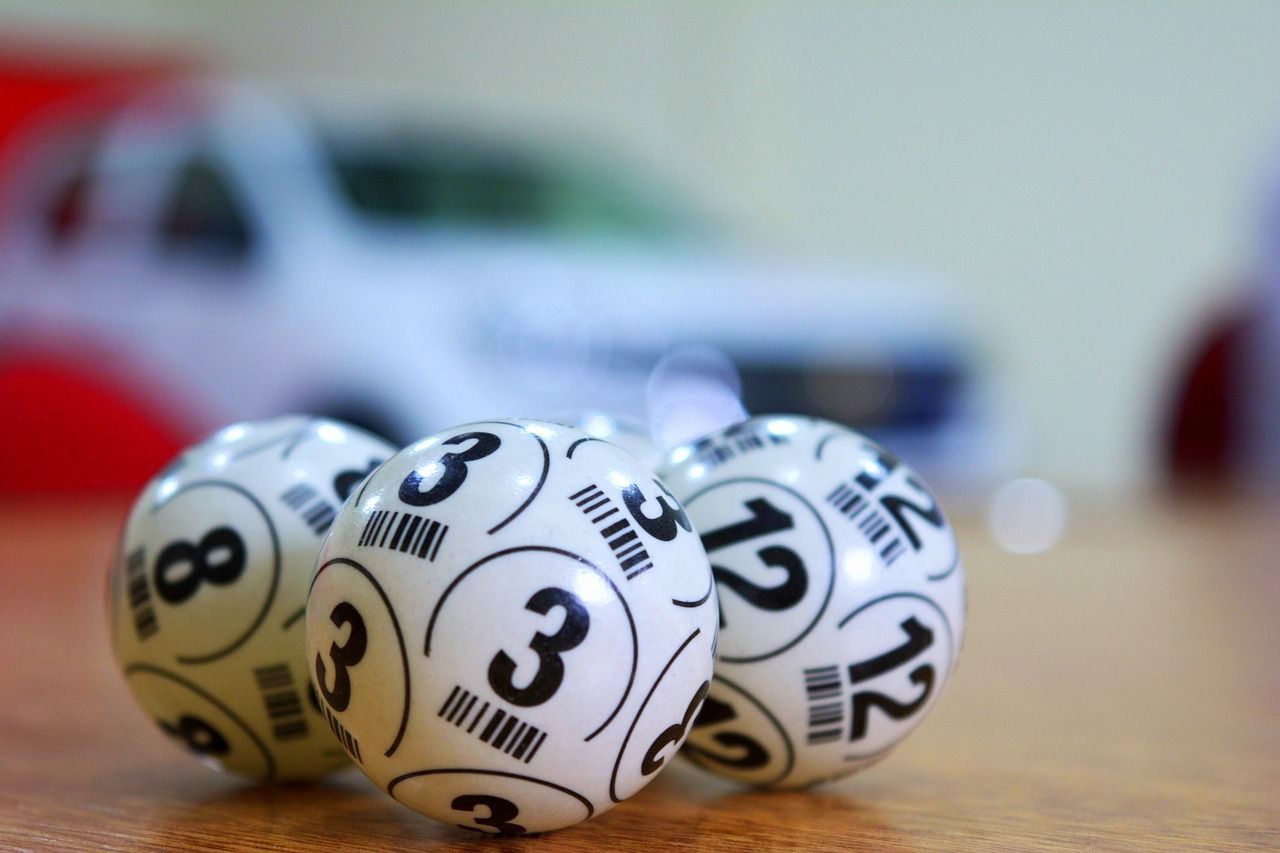The lottery has long been a popular form of gambling, offering participants the chance to win life-changing sums of money with a simple ticket purchase. From state-sponsored games to international lotteries, these draws attract millions of players each week. But how does the togel kamboja work, and what factors should players consider?
What is a Lottery Draw?
A lottery draw is a process by which numbers are selected at random to determine the winners of a lottery game. Typically, participants purchase tickets with their chosen numbers, hoping that their selections will match those drawn. The draws can take place in various formats, such as live televised events, computerized random number generation, or even through automated machines.
Types of Lottery Draws
There are several types of lottery draws, each with its unique rules and gameplay mechanics:
- Traditional Lotteries: In traditional lotteries, players select a set of numbers from a specified range. For example, they might choose six numbers from 1 to 49. During the draw, the lottery organization randomly selects the winning numbers. Players win by matching some or all of the drawn numbers.
- Instant Win Lotteries: Instant win games allow players to find out immediately if they have won. These might include scratch-off tickets or digital games where players can instantly see if their numbers match.
- Daily Lotteries: Many states offer daily lottery draws, where players can participate every day. These often have lower jackpots but higher odds of winning.
- Multi-State Lotteries: Larger games, such as Powerball or Mega Millions, involve multiple states pooling their jackpots. These lotteries often have massive jackpots but require players to choose numbers from a larger pool, making them harder to win.
- Raffles: In a raffle, players buy tickets for a specific drawing, and the prizes can vary significantly. Raffles may have fixed prizes, and the odds depend on the number of tickets sold.
How Lottery Draws Work
The process of conducting a lottery draw typically involves several steps:
- Ticket Sales: Players purchase tickets before the draw, either through authorized retailers or online platforms.
- Drawing Method: Depending on the lottery, numbers may be drawn using a mechanical machine that mixes numbered balls or via a random number generator (RNG). In either case, the process is designed to be transparent and fair.
- Announcement of Winning Numbers: After the draw, the winning numbers are announced through various channels, including television, radio, websites, and social media.
- Prize Distribution: Winners must claim their prizes within a specified timeframe. Depending on the lottery, prizes can be paid in lump sums or through annuity payments over several years.
Factors to Consider When Playing the Lottery
While winning the lottery is largely a matter of luck, there are several factors players may consider to enhance their experience:
- Odds of Winning: Understanding the odds for different lottery games can help players make informed decisions. Generally, games with larger jackpots have lower odds of winning.
- Number Selection Strategy: Some players choose their numbers based on personal significance (birthdays, anniversaries), while others rely on statistical analysis or random selection. It’s essential to remember that every number has an equal chance of being drawn.
- Pooling Resources: Joining a lottery pool with friends, family, or coworkers can increase the chances of winning by allowing players to purchase more tickets collectively. However, this also means sharing any winnings.
- Responsible Gambling: Lottery playing should be seen as entertainment rather than a reliable investment strategy. Setting a budget and playing responsibly can enhance enjoyment and prevent financial strain.
